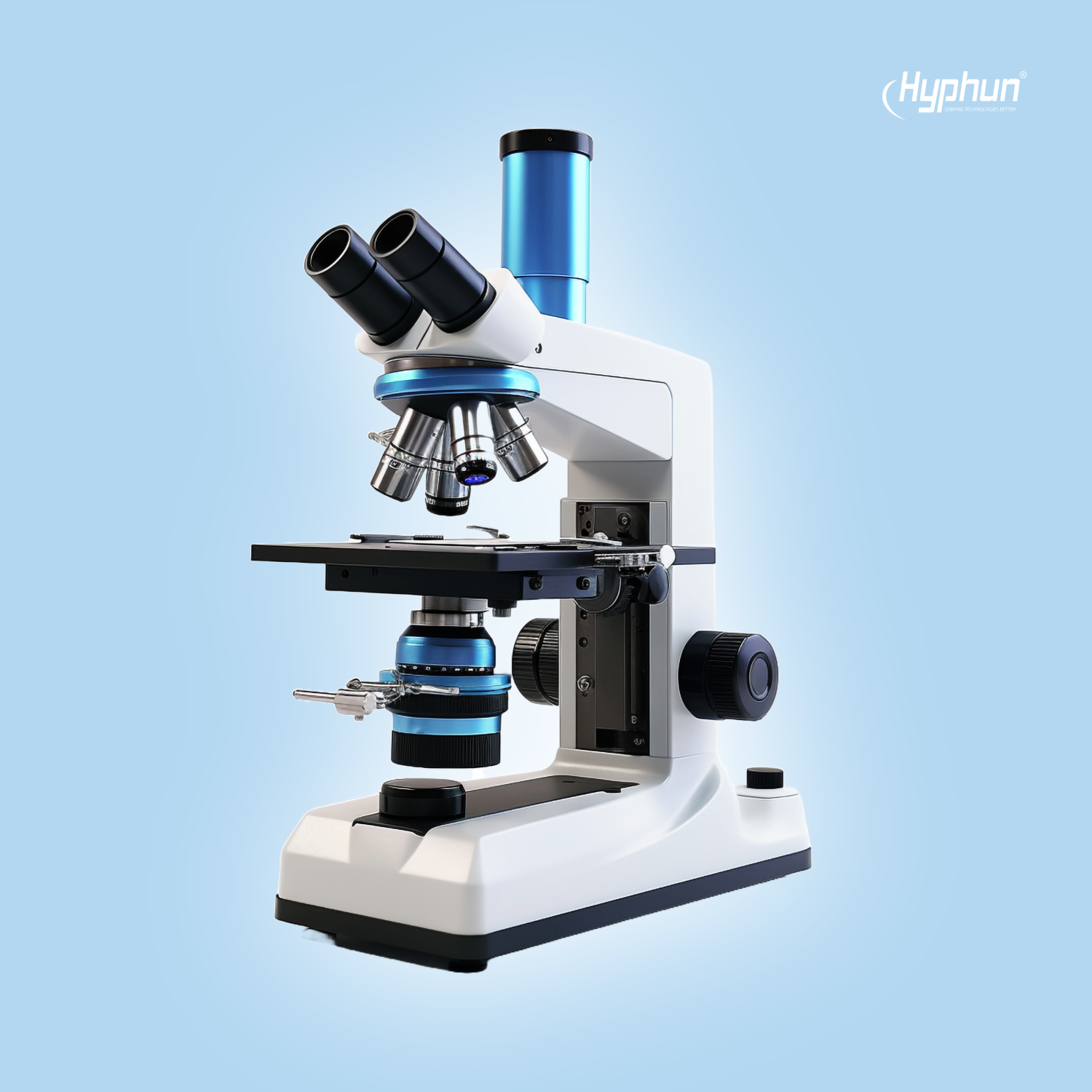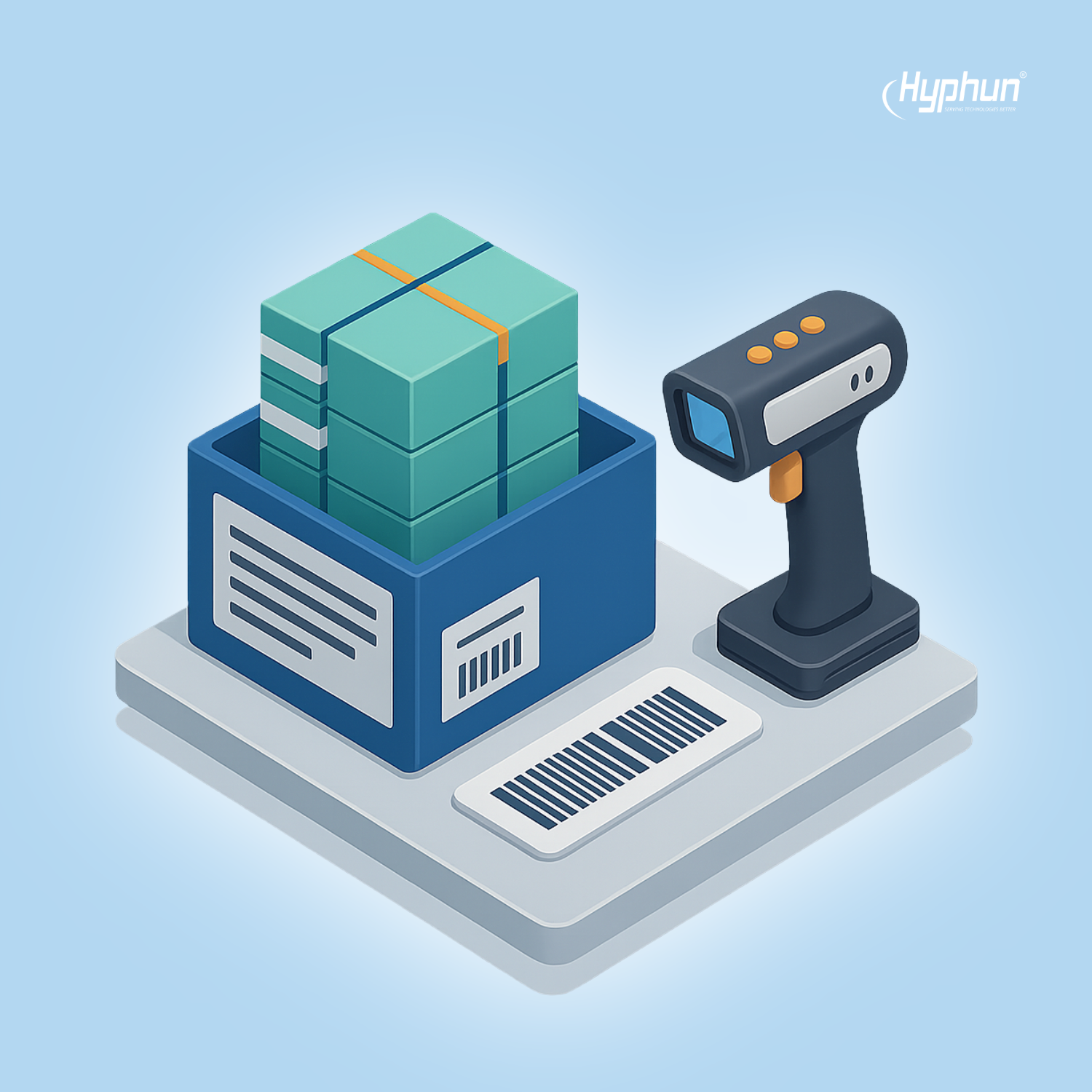Medical Industry

1. Introduction
Technology has always been a great support system for the medical industry, and now, it’s an inevitable segment of the healthcare segment. In fact, IT services have become indispensable, enabling secure data management, efficient communication, and automated workflows.
Despite specific advancements, the healthcare sector often faces challenges in managing large volumes of data, ensuring regulatory compliance, and delivering timely, high-quality care. Digital transformation is now crucial for overcoming these hurdles. By leveraging innovative digital solutions, medical organizations can streamline operations, enhance patient care, and improve resource management. This case study encompasses how the medical sector faced several challenges in the absence of effective digital solutions.
2. IT-Based Challenges in the Medical Industry
The healthcare business experienced multiple problems that hindered it from delivering top-quality care to patients and efficient workflows. The challenges inside organizations cause errors in healthcare operations that weaken patient treatment results. Below are some of the key hurdles:
Lack of Centralized Patients’ Records:
Patients' medical details spread across multiple healthcare organizations make it difficult for their care providers to access needed information. Healthcare providers need different digital systems and physical documents that can't share patient information causing delays when they need accurate up-to-date patient data.
Poor Real-Time Appointment Coordination:
When healthcare providers set appointments by hand they overbook their schedule and create more work. Healthcare systems face scheduling problems that cause longer patient delays while wasting resources unnecessarily.
Difficulty in Maintaining Regulatory Compliance:
The medical industry running healthcare systems worldwide must meet privacy rules like HIPAA in the U.S. and GDPR in Europe. Healthcare providers need to put a major focus on protecting patient data and adapting to new regulations. When organizations and businesses ignore their rules they risk legal consequences and lose their patients' confidence in their operations.
Fragmented Integration Across Medical Device Networks:
Medical institutions face problems uniting information collected by multiple medical devices and IT systems. The lack of integration between devices and systems hinders real-time data sharing, complicates patient monitoring, and delays critical decision-making. Bridging this gap is essential to streamline processes, improve accuracy, and enhance patient care outcomes.
Need for Enhanced Patient Engagement and Communication:
As patients expect better healthcare services, medical providers must find new methods to communicate with patients. Patients ask medical facilities to share appointments and test results quickly while keeping them informed about their ongoing healthcare plan. Most healthcare providers stick to outdated patient communication methods which let patients down and cause confusion.
3. Proposed Digital Solutions for the Medical Industry
The team delivered the latest digital technology solutions to help medical functions succeed better. Our team developed digital tools to make operations faster and better while giving patients better treatment. Here’s a closer look at the key components:
1. Electronic Health Record (EHR) Systems
Under one EHR system, patients can securely view their complete medical details including past records. It creates one central database instead of multiple paper documents which helps teams move information quickly among departments without mistakes.
2. Telemedicine Platforms at Medical Industry
Telemedicine technology connects doctors with patients who need healthcare access from areas that are difficult to reach. This tech assistant helps medical facilities handle more patients successfully while enabling doctors to complete their work in fewer steps.
3. AI-Driven Diagnostics
Technology with artificial intelligence detects medical patterns from test results and patients’ scans data at higher speeds. These tools analyze medical patterns and exceptions in patient data (such as cardiovascular issues), so that doctors can spot diseases early and help patients achieve better results.
4. Appointment Management Systems
Advanced scheduling software makes appointment booking easier which decreases manual administrative tasks. Such digital solutions for the medical industry helps patients to visit more often and ensures proper implementation of the management system.
5. Healthcare Devices Use Internet of Things (IoT) Technology
With the help of IoT technology, the healthcare industry can collect patient information immediately from both wearable devices and hospital monitoring networks. Additionally, the system lets medical staff respond sooner to changes in a patient's vital signs before health problems arise.
6. Cloud-Based Storage Solutions
As the amount of healthcare data is increasing rapidly, doctors and providers need to opt for cloud-based solutions for long-term storage. In fact, these solutions support legal data protection rules while letting approved users find and use stored medical information.
7. Mobile Apps for Patients
Mostly, patients use custom mobile applications to stay in control of their health activities. Hence, the medical industry can also have a personal app to make appointments while receiving prescription alerts and taking part in online doctor sessions. Plus, patients can keep a detailed track of their medical history.
8. Data Analytics and Reporting Tools
Advanced analytics systems help organizations view patient care performance plus make decisions about medical resources and running costs. Healthcare providers use these insights to take evidence-based actions including better scheduling workers and better managing medical care.
4. Key Features of the Digital Solutions
Medical digital transformations work best when they fix healthcare problems while helping medical work run better and serving patients better. The following key features highlight their effectiveness:
User-Friendly Interfaces
-
These solutions help medical teams work better as user interfaces simplify the way they interact with the system.
-
Healthcare providers can work faster and patients can book appointments online, keeping track of their medical information.
Compliance with Healthcare Regulations
-
The system provides privacy to avoid misuse of personal data. Moreover, the documentation system supports legal requirements and protects confidential matters.
-
A customized digital solution aligns with crucial healthcare regulations including, HIPAA, GDPR, and regional standards.
Interoperability Across Systems and Devices
-
The solutions work well with all electronic health record (EHR) platforms, hospital computer systems, and medical equipment.
-
The connected system lets different healthcare units view patient information in real time throughout the journey.
Robust Security Measures
-
The system protects medical information using complex security technology with encrypted data and multiple verification steps.
-
Regular security updates and audits reduce vulnerabilities, while backup processes keep information accessible.
Scalable Solutions
-
The digital solutions for the medical industry meet healthcare practice requirements for both small and big hospital networks.
-
Their solution can handle more data while adding new features and growing business operations as the organization grows.
5. Conclusion
The medical industry needs digital solutions to grow operations effectively as the IT sector powers up the overall functionalities. Using solutions like electronic health records, telemedicine platforms, and AI-driven diagnostics, healthcare providers can solve historic problems with medical data management operations and access for patients.
Organizations moving toward digital transformation are gaining satisfied patients by making smart decisions that meet all new healthcare regulations. Healthcare providers must start using safe advanced digital solutions that grow with their needs. The choice is clear: Medical providers must adapt to digital standards or lose ground as healthcare moves forward quickly. Begin your journey right now into the future of healthcare operations.
Recent Case Studies
Hyphun serves a wide variety of clients in different industries and transforms business by applying smart, intelligent and innovative approaches to solve major business challenges.







